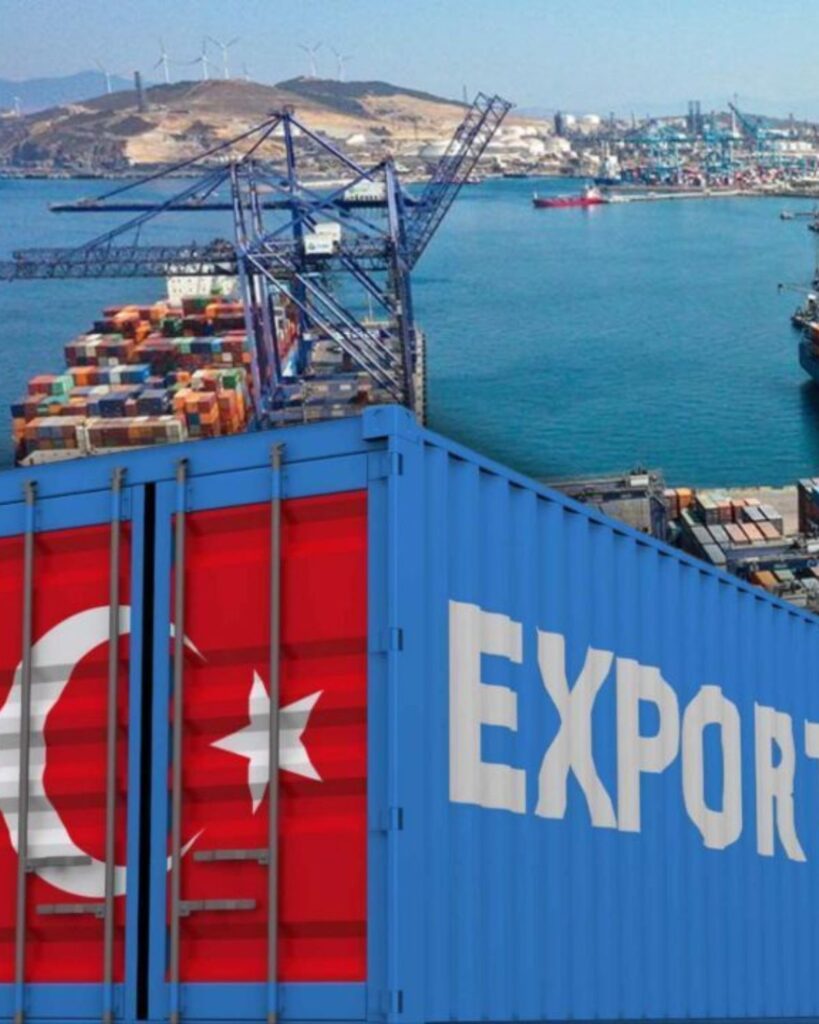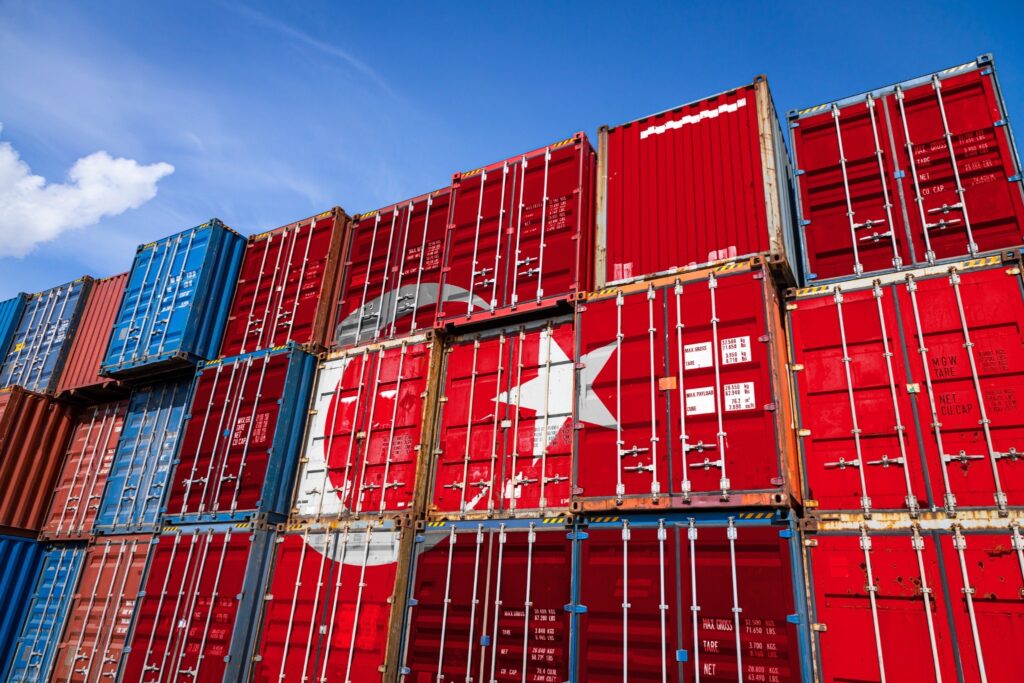About Hana Solution LLC
Hana Solution LLC is a procurement & sourcing consultancy enabling global buyers to work directly with verified Turkish manufacturers through a structured, transparent and independent sourcing model. As a trusted Turkey sourcing agent, we deliver professional Turkish supplier sourcing, procurement consulting Turkey services and end-to-end product sourcing Turkey solutions. Our procurement consulting in Turkey approach helps brands, distributors and private-label companies access reliable manufacturers with clarity, discipline and confidence.
Turkey offers strong production advantages for brands, distributors and private label companies looking for competitive manufacturing, reliable suppliers and fast lead times.

Turkey’s Manufacturing Advantages
- Wide manufacturing base across multiple industries
- Competitive pricing with European production standards
- Fast delivery to EU, Balkans and MENA
- Strong compliance and quality control culture
What You Gain Working With Us
- Verified and capacity-matched Turkish manufacturers
- Fully documented sourcing workflow and clear reporting
- Time and cost efficiency through accurate supplier shortlisting
- Reduced risk in early-stage market entry and cross-border procurement
Our Services
A structured, transparent and fully verified sourcing system designed for global buyers working with Turkish manufacturers.
Order Process Flow
A clear, verified and structured sourcing workflow from first inquiry to final delivery.
Project Brief & Requirement Analysis
We evaluate your product details, technical requirements and target markets to define a clear sourcing scope and feasibility.
Supplier Research & Shortlisting
We identify qualified Turkish manufacturers, review capabilities and provide a verified shortlist aligned with your quality and budget expectations.
Verification, Pricing & Quality Alignment
We validate suppliers, prepare RFQs, compare offers and coordinate samples to ensure technical, commercial and quality fit before selection.
Contract, Logistics & Delivery Planning
We guide contract terms, INCOTERMS, production schedules and export logistics for a smooth and compliant delivery process.
Through our structured sourcing workflow, we help global buyers work safely with verified Turkish manufacturers while maintaining transparency, risk control and full documentation.
Who We’ve Worked With
Your Sourcing Partner in Turkey
Independent procurement consulting Turkey for brands that want safe, documented and transparent supply from Türkiye.
As your dedicated Turkey sourcing agent, Hana Solution LLC connects global buyers with verified Turkish manufacturers and delivers structured Turkish supplier sourcing. Our procurement consulting in Turkey covers RFQs, price evaluations, sampling, quality checks, logistics and export documentation—ensuring every step stays disciplined, risk-managed and fully transparent.
- Factory-direct access to verified Turkish manufacturers — no intermediaries, no mark-ups.
- Structured sourcing workflow — RFQs, comparison, sampling & QC under a documented process.
- Single point of contact in Türkiye — procurement consulting Turkey tailored to your product and market.























